Equipment Upgrade Engineer
Profession will appear after 2030
Trends

Analyzes and implements changes in the current processes and subjects of maintenance, based on the forecast and obvious factors of upcoming trends. The novelty of the profession: Uses new technologies (data analysis) to adjust maintenance and repair processes Over-professional skills and abilities: Programming / robotics / artificial intelligence Ability to manage projects and processes Lean Systems thinking Key competencies: Knowledge of IT and software Analytical thinking Systems thinking Design thinking BigData Knowledge of robotics
Over-professional skills

Programming, Robotics, Artificial Intelligence

Lean

Project and process management

Systemic thinking
Educational institutions
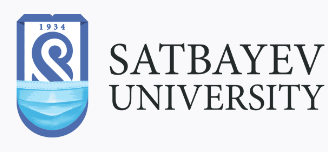
Satbayev University
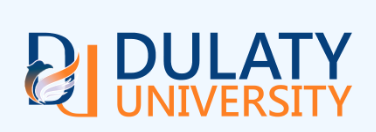
Taraz State University named after M.Kh. Dulati
Companies in which this profession may be in demand
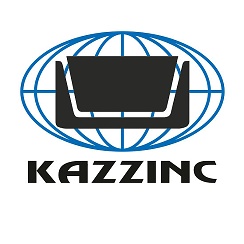
Kazzinc LLP
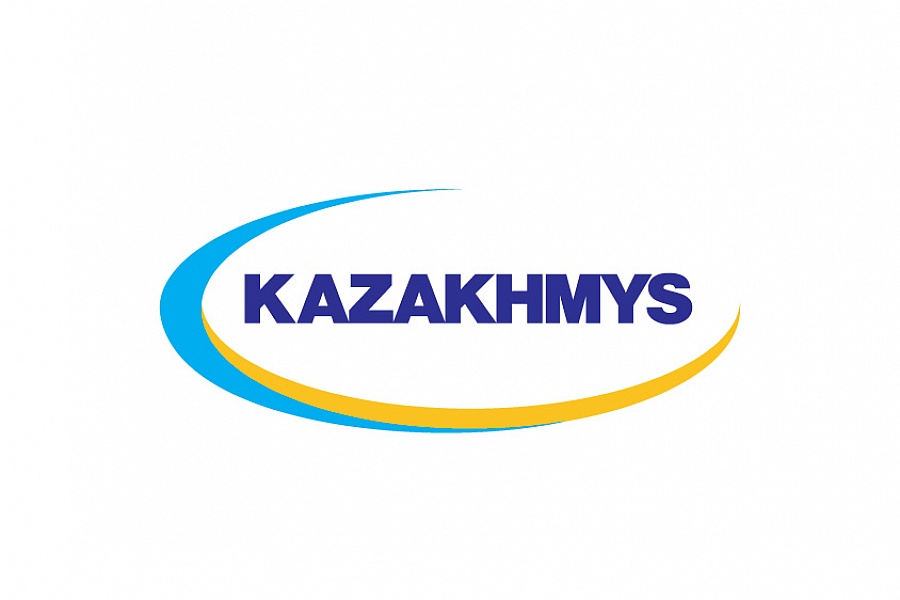
Corporation "Kazakhmys"
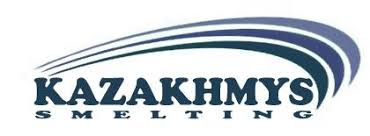
Kazakhmys Smelting LLP

Arcelor Mittal Temirtau

JSC "Ust-Kamenogorsk Titanium and Magnesium Combine"
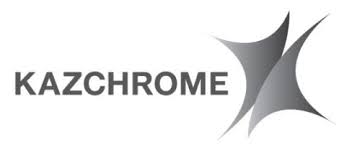
JSC TNK "Kazhrom"

JSC "Aluminum of Kazakhstan"
https://www.erg.kz/ru/content/ao-alyuminiy-kazahstana/ao-alyuminiy-kazahstana

JSC "Sokolovsko-Sarbayskoe mining and processing production association"
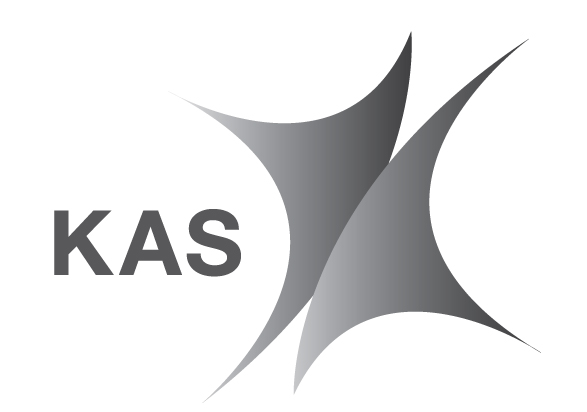
JSC "Kazakhstan Electrolysis Plant"

